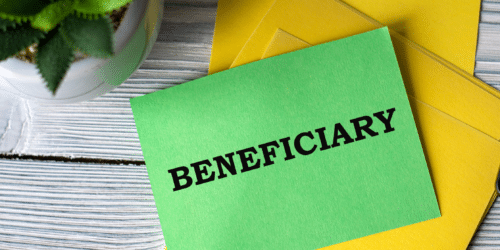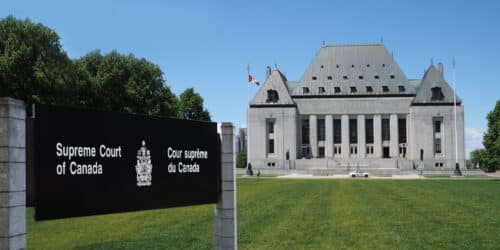When we assist clients with the sale of their property, we discuss a variety of items with them, such as contacting utility companies and meeting to sign the closing documents. While the conversation focuses primarily on the process of completing the sale, clients will often ask the question “what happens if my sale does not close?” This can be a complicated question, but there are some basic concepts that we can go over with them.
The first is to try to alleviate their concern, as the vast majority of transactions close as scheduled. Furthermore, those that do not close on the closing date are often only delayed for a day or so, usually due to a logistical issue, such as the purchaser’s mortgage company not advancing their funds in a timely manner or the City having done a final inspection of a new home but not having the paperwork for the final occupancy permit immediately available. We try to make sure that clients are aware that while their sale not closing at all is possible, it is not probable based on our experience.
Even after discussing that the sale is likely to close, clients are still interested to know about the “worst-case scenario.” There are a variety of reasons why a deal may not be completed. In some cases, the purchaser may not be able to close since they do not have the necessary funds, even though they waived their financing condition (for example, they subsequently lost their job and can no longer get a mortgage).
Other times, there is a dispute between the seller and the purchaser over the performance of certain fundamental terms of the agreement of purchase and sale (for example, the seller was required to complete certain work or repairs before closing, and the purchaser believes the seller has not done so properly). Whatever the reason, this is a very stressful situation, especially if the seller already purchased another property and is relying on proceeds from the sale to complete that transaction.
If there is no prospect of being able to close the transaction, we make sure clients are aware of the duty to mitigate. In short, this means that the seller must take steps to try to minimize their damages, which often means relisting the property and attempting to sell it to someone else. Clients are often surprised by this as they think they can simply bring a claim against the purchaser right away and try to collect the balance of the purchase price, plus additional damages, from them. However, mitigating their damages is a very important step to follow prior to bringing a claim.
Also, when a transaction does not close, we advise clients to be careful in terms of signing any paperwork. For example, real estate agents will often have both the purchaser and seller sign a termination document to confirm the transaction is not proceeding, which makes sense for the seller in some cases, such as if there is no prospect of the sale going forward, and they wish to relist their property (otherwise, they could potentially sell the property to a new purchaser without realizing that the agreement with the first purchaser is still in effect).
However, another standard document real estate agents use is a mutual release, which means neither the seller or purchaser can bring a claim against the other related to the transaction. If the seller were to sign this document, they would be giving up the right to make a claim for damages against the purchaser. Based on the potential consequences of signing the mutual release, this highlights the importance of understanding the documents being signed.
An essential part of deciding to bring a claim is quantifying damages. When we discuss this with clients, we mention keeping track of the various expenses and losses experienced that resulted from the sale not being completed. The largest one is often the difference in purchase price between what the first purchaser offered compared to the new purchaser. However, if reselling the property takes some time, the extra costs associated with the delay in closing (i.e. from the original closing date in the agreement with the first purchaser compared to the closing date in the agreement with the new purchaser) can be significant.
For example, if the property is resold and the new closing date is three months after the original closing date, that is three extra months of mortgage payments, utilities, property taxes, and other expenses the seller would not have incurred, and they may be able to claim these as damages. Once the seller looks at these various amounts, a decision can be made as to whether to bring a claim against the purchaser. In some cases, the seller may be able to resell quickly and/or the new purchase price will end up being higher so bringing a claim may not make sense if the seller is in a better or similar position than if the original sale has been completed. However, if there are fairly sizeable damages and there is a strong case, then bringing a claim against the purchaser may be worthwhile.
The above is not an exhaustive analysis of all the steps involved if a sale does not close, but a quick look at some important points to remember. Hopefully, for anyone reading this, all of your future real estate transactions will go smoothly, and you will never need to worry about your sale not being completed.
This blog post was written by Jason Peyman, a member of the Real Estate team. He can be reached at 613-369-0376 or at jason.peyman@mannlawyers.com.








